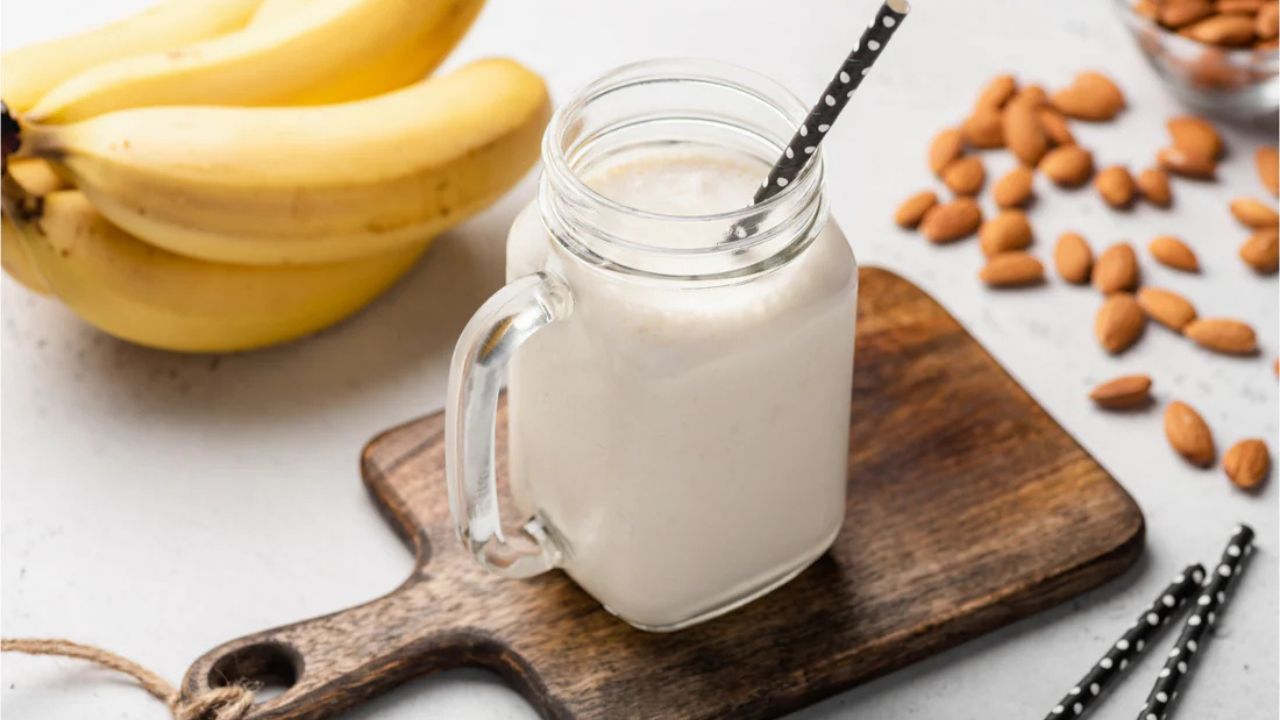 English
English

Protein needs vary depending on age, activity, and health status. Normal adults require 0.8 to 1 gram of protein per kilogram of body weight daily, while athletes and those with special health needs require more.

Representational Image
New Delhi: Our bodies require various nutrients for proper development and proper functioning. Protein is a fundamental nutrient, essential for the formation and repair of muscles, skin, hair, enzymes, and hormones. Adequate protein is essential for the smooth functioning of all bodily processes. A protein deficiency slows metabolism and impairs body function.
According to Healthline, protein needs vary depending on age, activity, and health status. Normal adults require 0.8 to 1 gram of protein per kilogram of body weight daily, while athletes and those with special health needs require more. Good sources of protein include meat, fish, eggs, dairy products, lentils, beans, tofu, nuts, and seeds. It's best to divide your protein intake into several meals a day.
Protein deficiency initially shows mild symptoms, so it often goes undetected. If the body doesn't get enough protein, changes in organs and muscles, weakness, fatigue, and other symptoms begin to appear. Let's explore the changes in the body that occur when there's a protein deficiency.
Weakness and Fatigue
The first sign of protein deficiency is weakness and persistent fatigue. Muscle building and repair depend on protein. When the body doesn't have enough protein, muscle breakdown occurs, and overall body strength declines. Lack of energy causes a person to tire quickly, especially during physical activity or everyday tasks. Therefore, it's important to consume adequate protein if you experience persistent fatigue and weakness.
Hair Loss and Weak Nails
Hair and nail growth and strength depend on protein. Protein deficiency can cause hair to thin, weaken, and shed more, while nails can break and weaken. The body uses its protein to repair vital organs and tissues, leaving insufficient protein for hair and nails. If your hair and nails appear weak, it could be a sign of protein deficiency.
Frequent illness and slow wound healing
The immune system's proper functioning depends on protein. Protein is essential for the production of antibodies and immune cells. A protein deficiency makes the body more susceptible to infections and wounds or injuries take longer to heal. Frequent illness and slow wound healing indicate that the body lacks protein. Consuming adequate protein keeps the body healthy and strengthens immunity.
Swelling (Edema)
Protein deficiency can cause swelling (edema) in the legs, hands, and feet. Protein, especially albumin, helps maintain fluid balance in the blood vessels. When protein is low, fluid accumulates in the tissues, causing swelling. If persistent swelling and other protein deficiency symptoms are present, consult a doctor immediately and get your protein levels tested.
Increased appetite and cravings
Protein helps regulate blood sugar and satiates hunger for a long time. Inadequate protein intake can lead to unstable blood sugar, leading to immediate hunger and increased cravings for high-carb foods. Frequent hunger and food cravings can be a sign of protein deficiency. Therefore, it is important to consume a protein-rich diet to maintain energy and control hunger.
Muscle breakdown and joint pain
Protein is the main component of muscle. When protein is low, the body uses its muscles for essential functions. This can lead to muscle breakdown and joint pain, as the muscles that support joints become weak. Eating adequate protein is essential for maintaining muscle strength and protecting joints, especially as we age or during physical activity.
Mood swings and mental fog
Brain neurotransmitters, such as serotonin and dopamine, are made from protein. Protein deficiency affects their production, which can lead to mood swings, depression, and difficulty concentrating. Mental fog and emotional changes are early warning signs that the body needs adequate protein. Eating a protein-rich diet improves mental state and focus.
Slow Growth and Development in Children
Protein is essential for adequate growth and muscle development in children. Protein deficiency can slow down growth and weaken muscles. If a child's growth chart shows a decrease or abnormality, it is important to provide a balanced diet rich in protein. Adequate protein intake helps a child develop in a healthy way and maintains their physical and mental abilities.